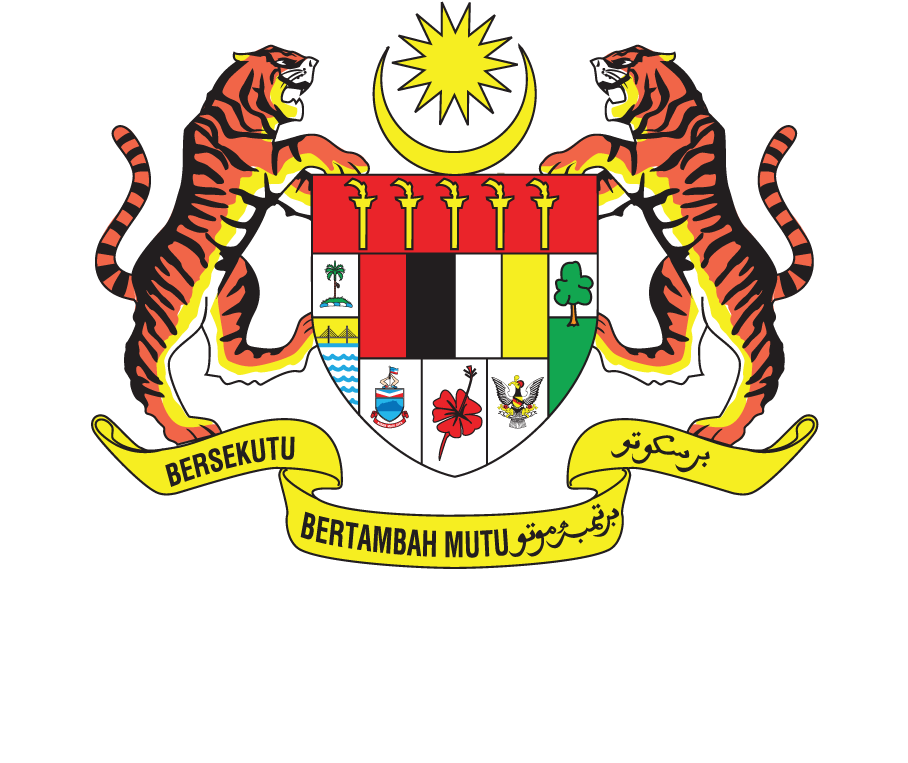The National Biotechnology Policy 2.0 (DBN 2.0), which was launched in September 2022, focuses on three main thrusts that are in line with Malaysia’s aspiration to be a high-technology country by 2030. The three main thrusts are agricultural biotechnology and food security; healthcare and wellbeing; and biotechnology in industrialisation and circular economy.
DBN 2.0, through methods of local biotechnology solutions, is set to strengthen the existing biotechnology ecosystem and be the catalyst in resolving national challenges regarding food security, and management of pandemics and climate change crises. As biotechnology is an important component in bio-innovation to drive national development and must be developed with other emerging technologies in the context of the Industrial Revolution 4, DBN 2.0 has been formulated to be implemented until 2030.
The DBN 2.0 would drive the momentum outlined under the National Science, Technology and Innovation Policy 2021-2030 to transform Malaysia from a technology-user country to a technological development country, by setting five main targets:
The Malaysian Government recognised biotechnology as one of the key strategic drivers to propel the country’s social and economic development in pursuit of the status of a developed nation. For this purpose, the Government launched the National Biotechnology Policy (NBP) in the year 2005 to further develop three economic sectors, namely agriculture, healthcare, and industrial manufacturing, as well as to support the growth of an enabling eco-system throughout the scientific, academic, and business communities in the country.
The NBP was envisioned to be executed over three phases: Phase I for Capacity Building (2005-2010), Phase II on Science to Business (2011-2015), and Phase III to develop Global Business (2016-2020).
Bioeconomy Corporation, which was then formally known as Malaysian Biotechnology Corporation, was created as the lead agency responsible for the coordinated implementation of the NBP. The key national development goals for implementation of the NBP over the three phases are as shown.

Corporate Office
Ground Floor, Menara Z10
Jalan Alamanda 2, Presint 1
62000 Wilayah Persekutuan
Putrajaya, Malaysia.